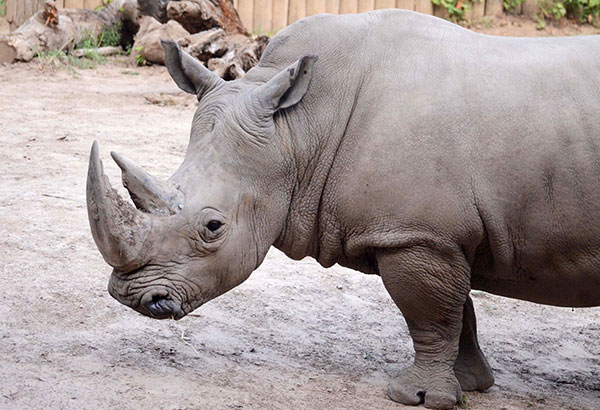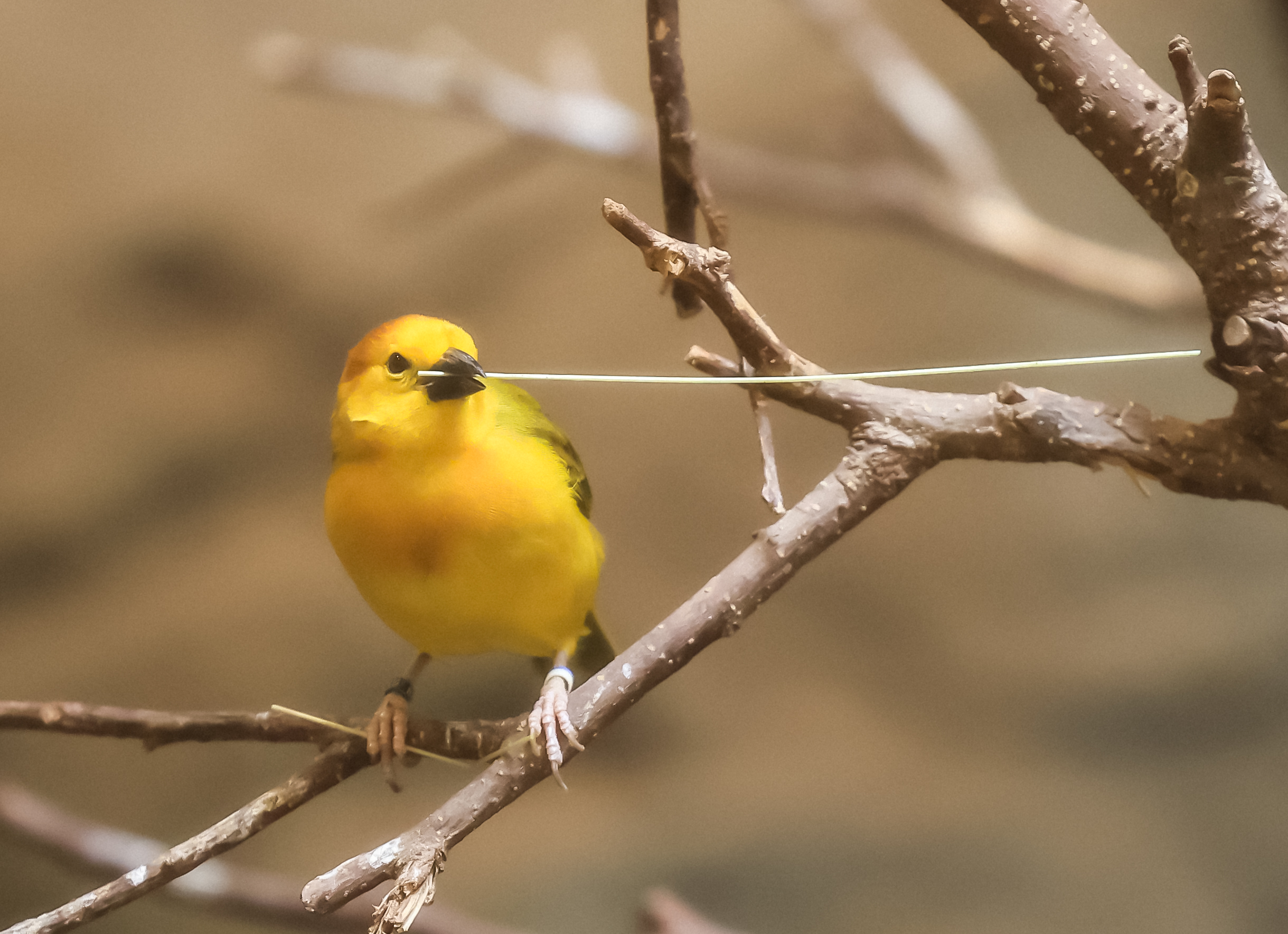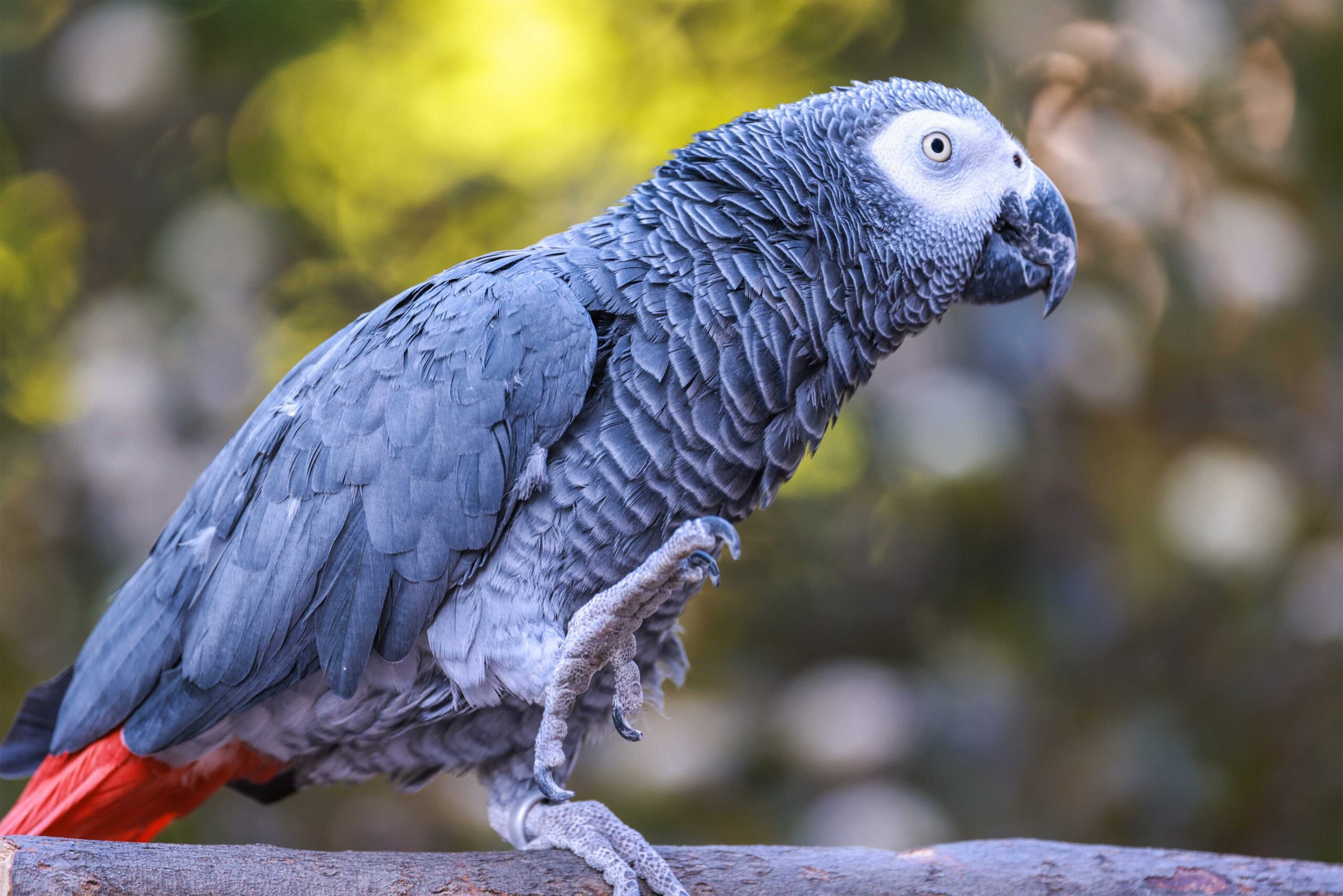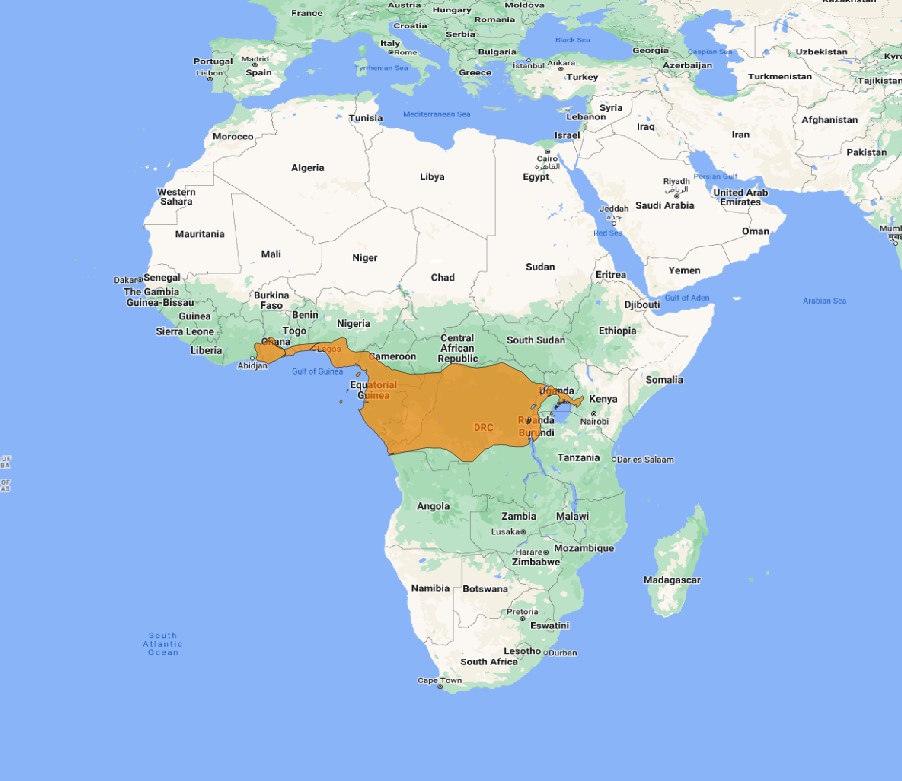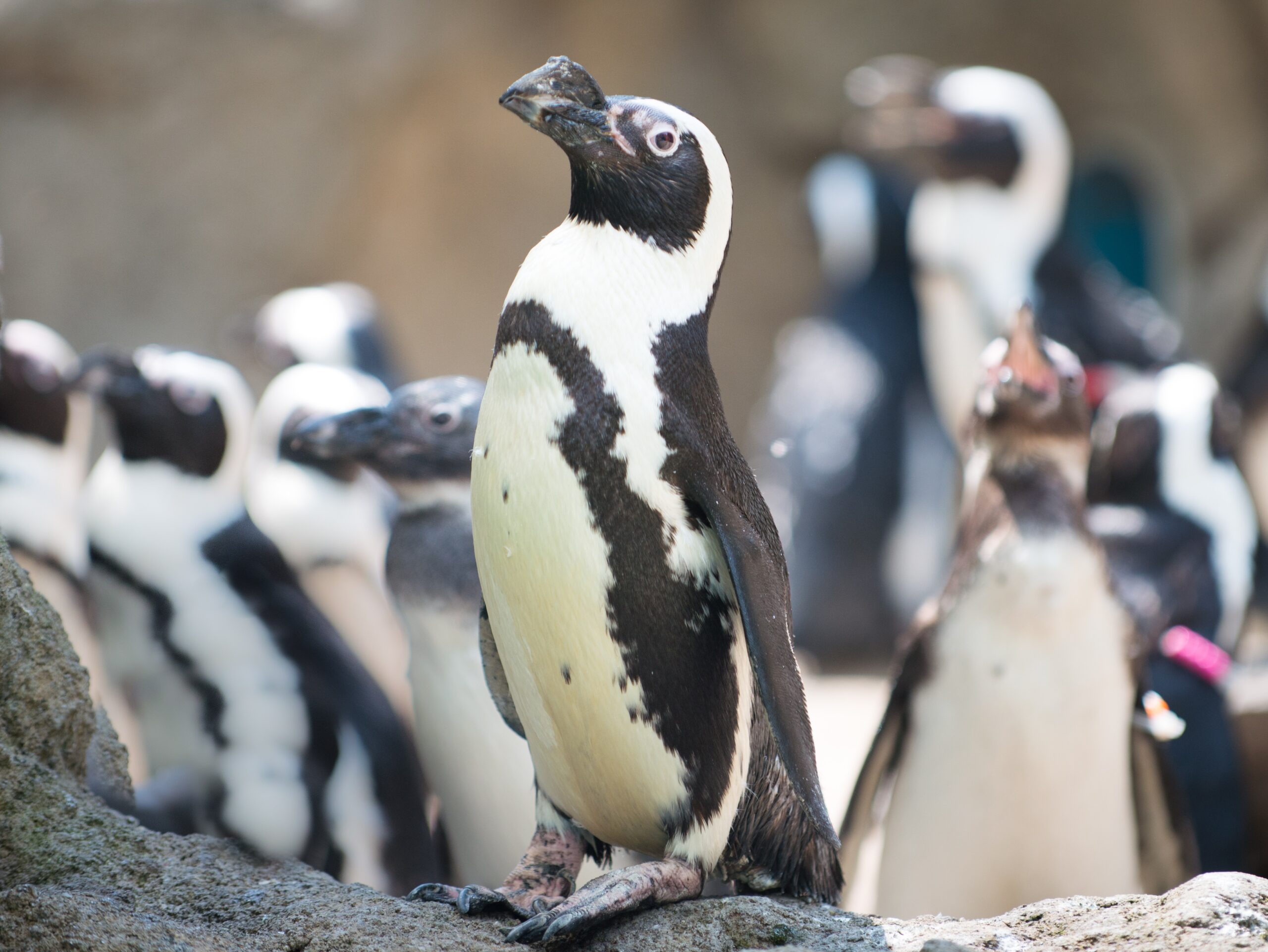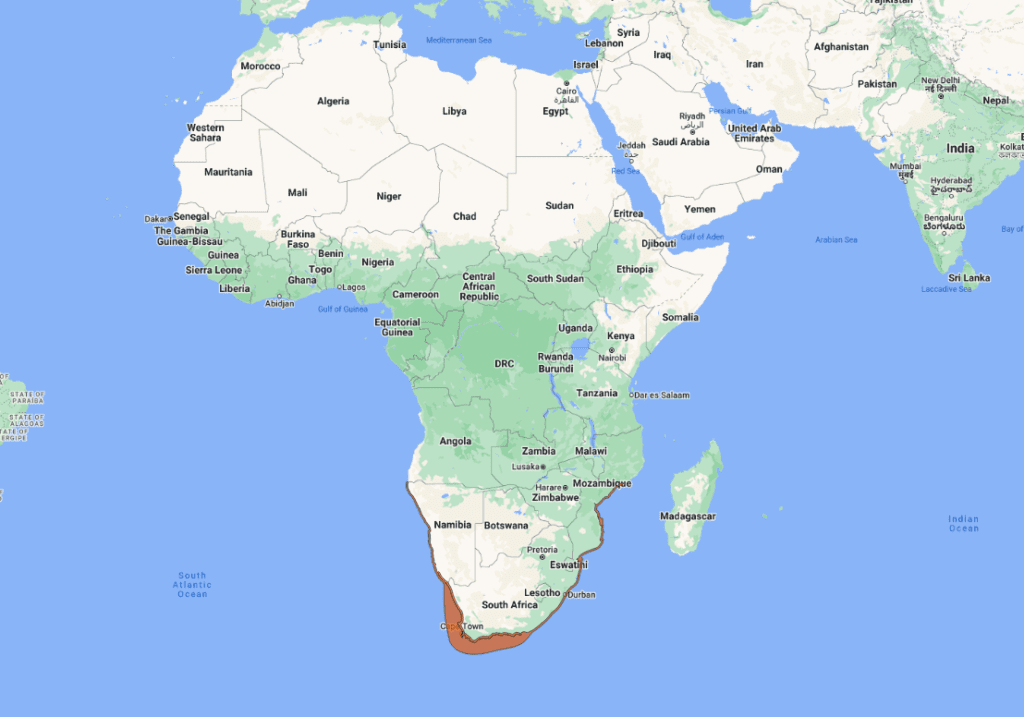Taveta Golden Weaver
Seneca Park Zoo is the home to a flock of Taveta golden weavers. They can be found in the large aviary inside the Animals of the Savanna building.
Animal Facts
Males are a vibrant yellow color with green wings, whereas females are a more muted olive-yellow color.
Taveta weavers are classified as songbirds, however their “song” is loud and harsh.
Female weavers choose their mate based on the male’s ability to weave an intricate nest.
Diet
Taveta golden weavers are omnivores. They primarily feed on seeds, but can also eat grains, grasses and insects.
Status in The Wild
- Least Concern
International Union for Conservation of Nature (IUCN) Red List status
These weavers are found in parts of Kenya and Tanzania. They inhabit a variety of habitats, including forests, wetlands, and savannas.
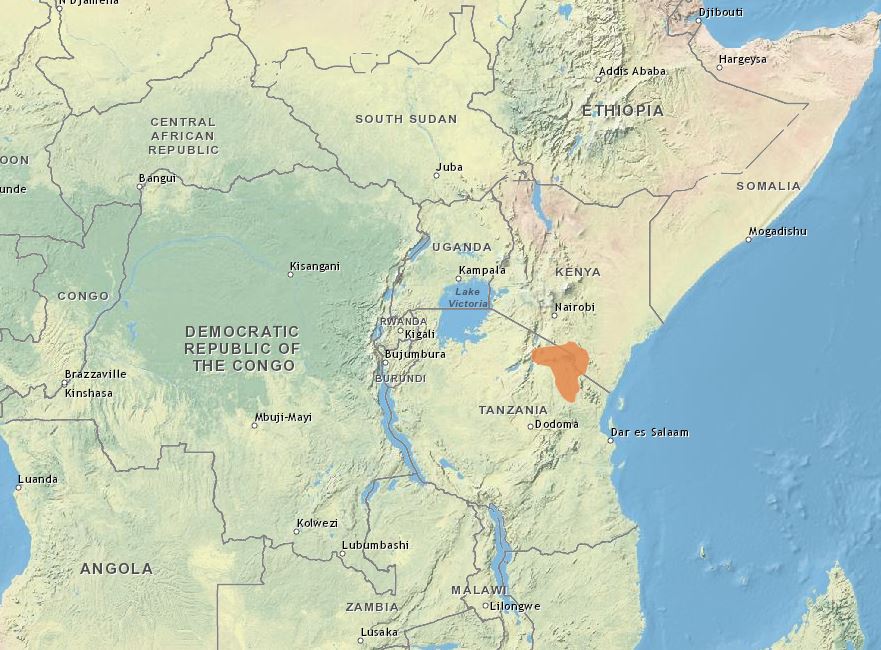

More Animals From Africa
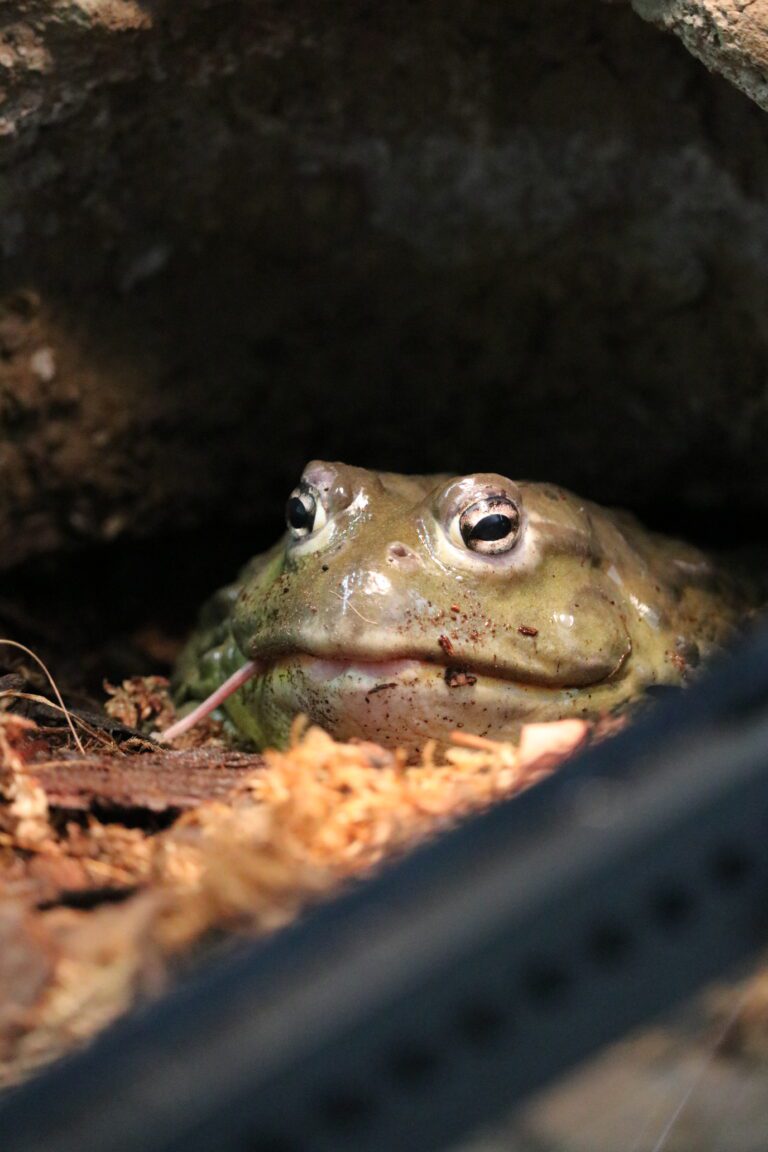



African Bullfrog (Ambassador Animal)
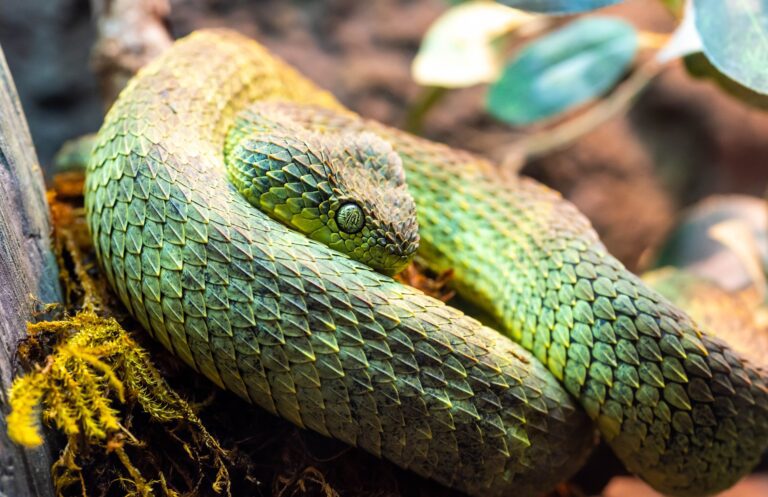



African Bush Viper
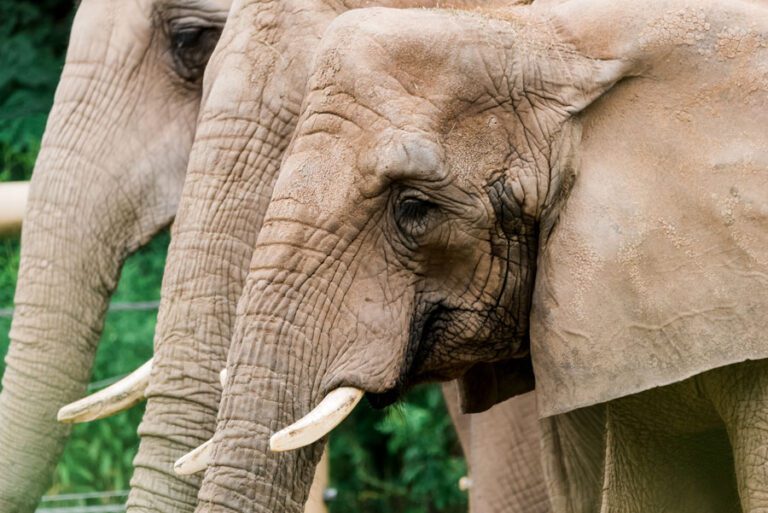



African Elephant
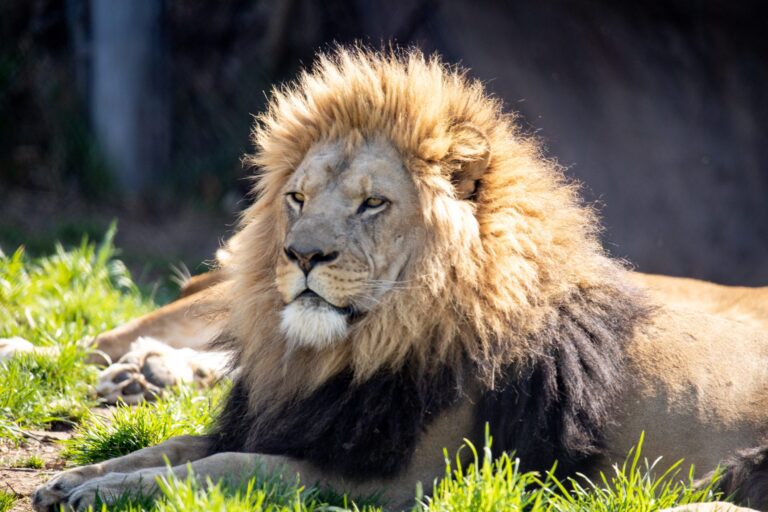



African Lion
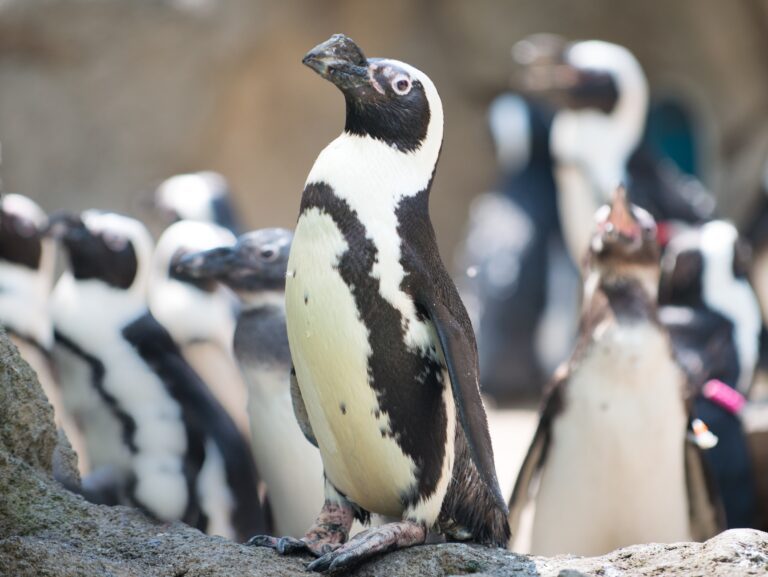



African Penguin
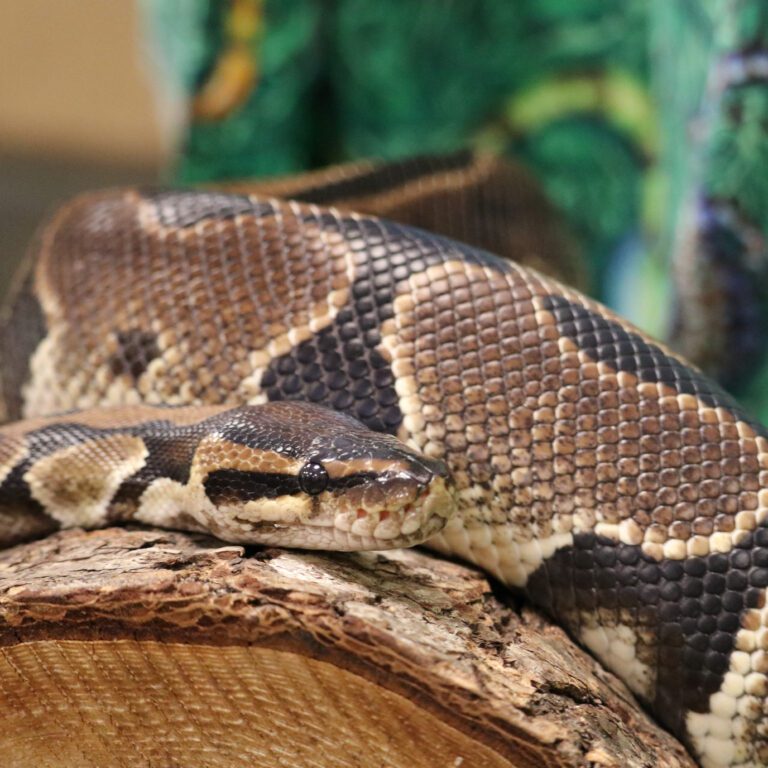



Ball Python (Ambassador Animal)
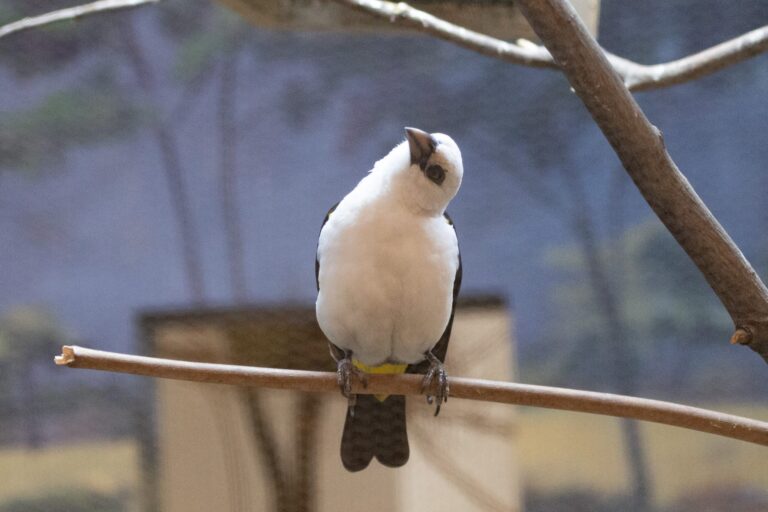



Buffalo Weaver
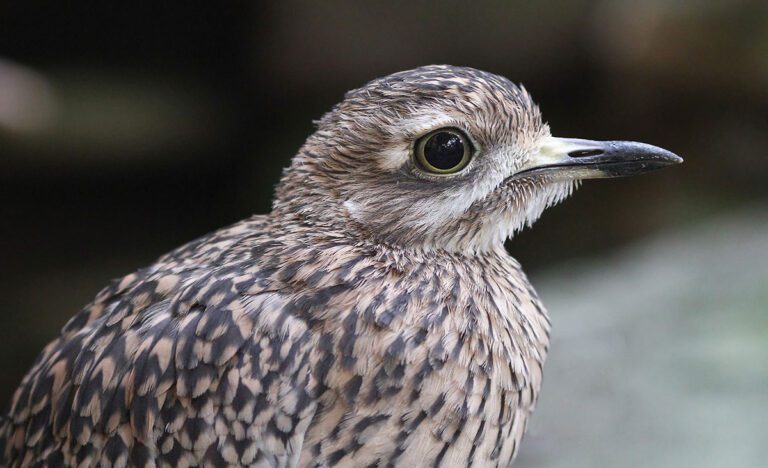



Cape Thick-Knee
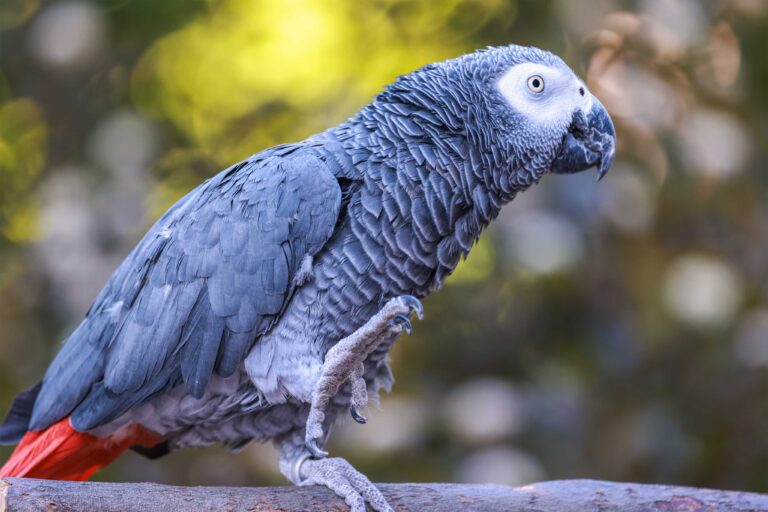



Congo African Grey Parrot (Ambassador Animal)
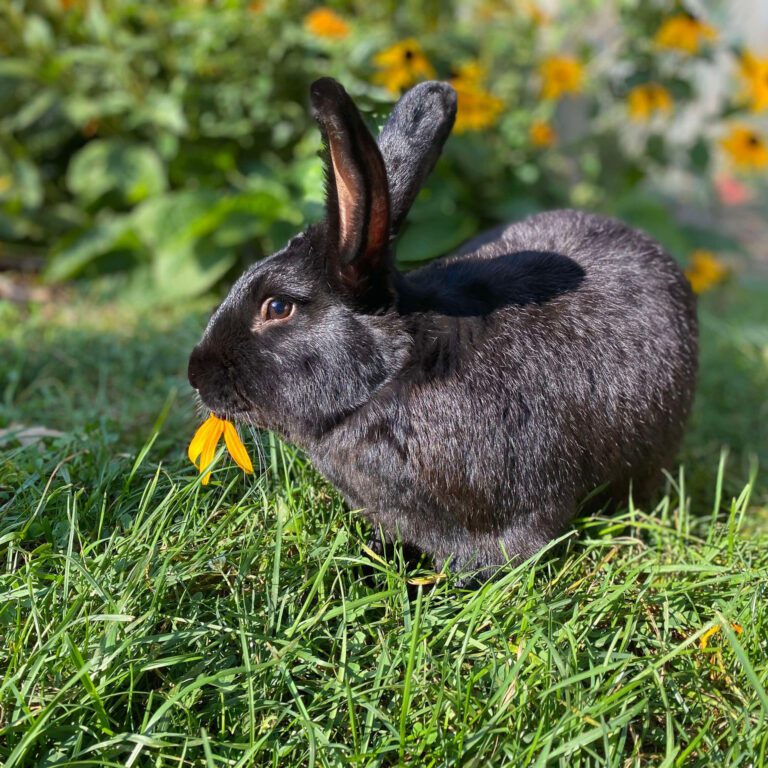



Domestic Rabbit (Ambassador Animal)
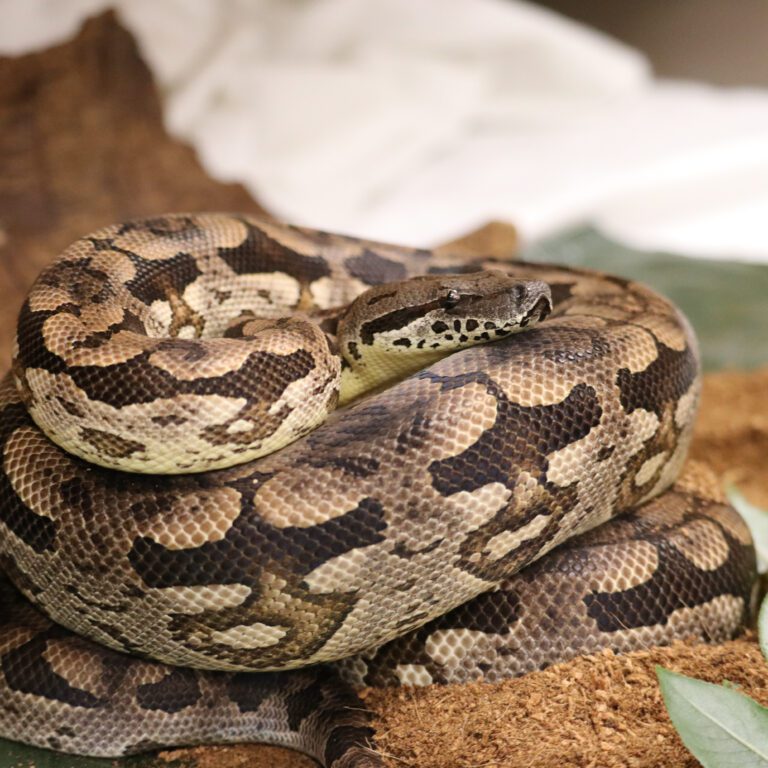



Dumeril’s Ground Boa (Ambassador Animal)
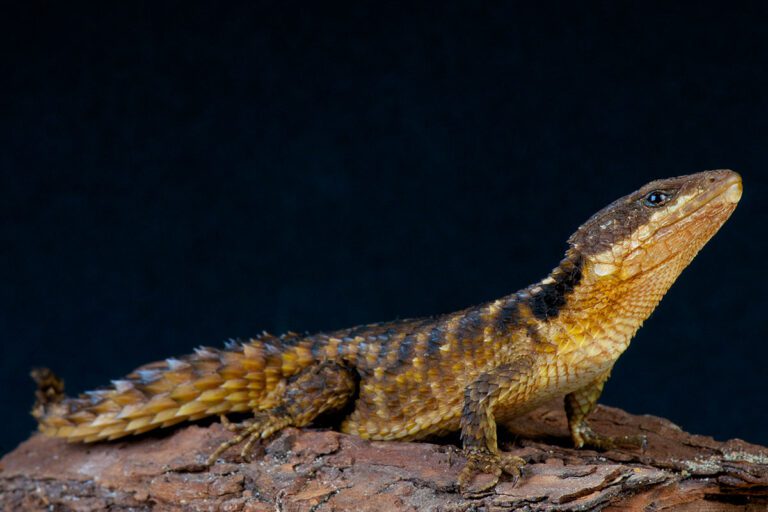



East African Spiny-Tailed Lizard
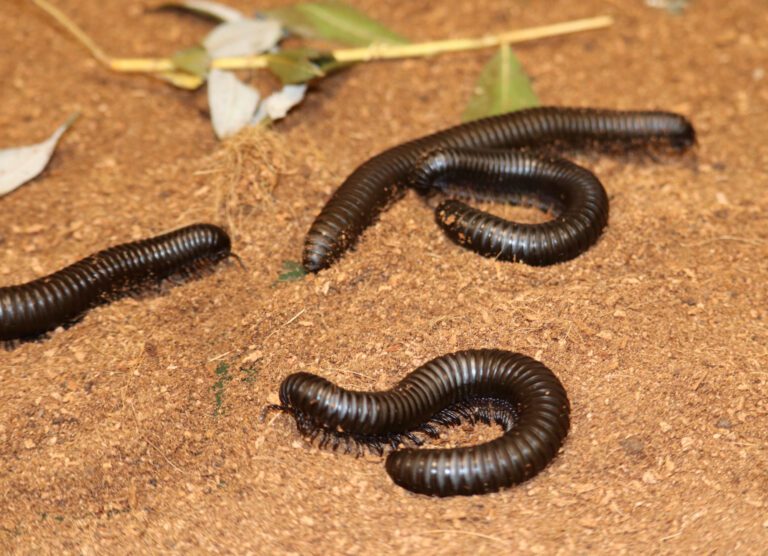



Giant African Millipede (Ambassador Animal)
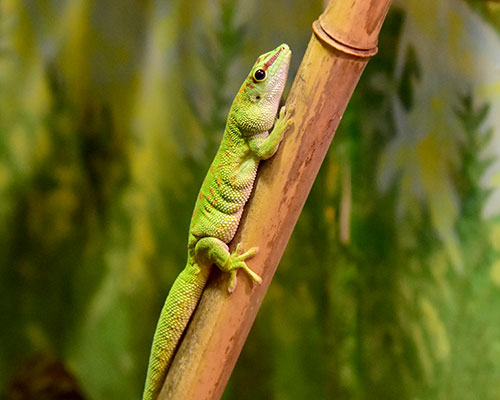



Giant Day Gecko
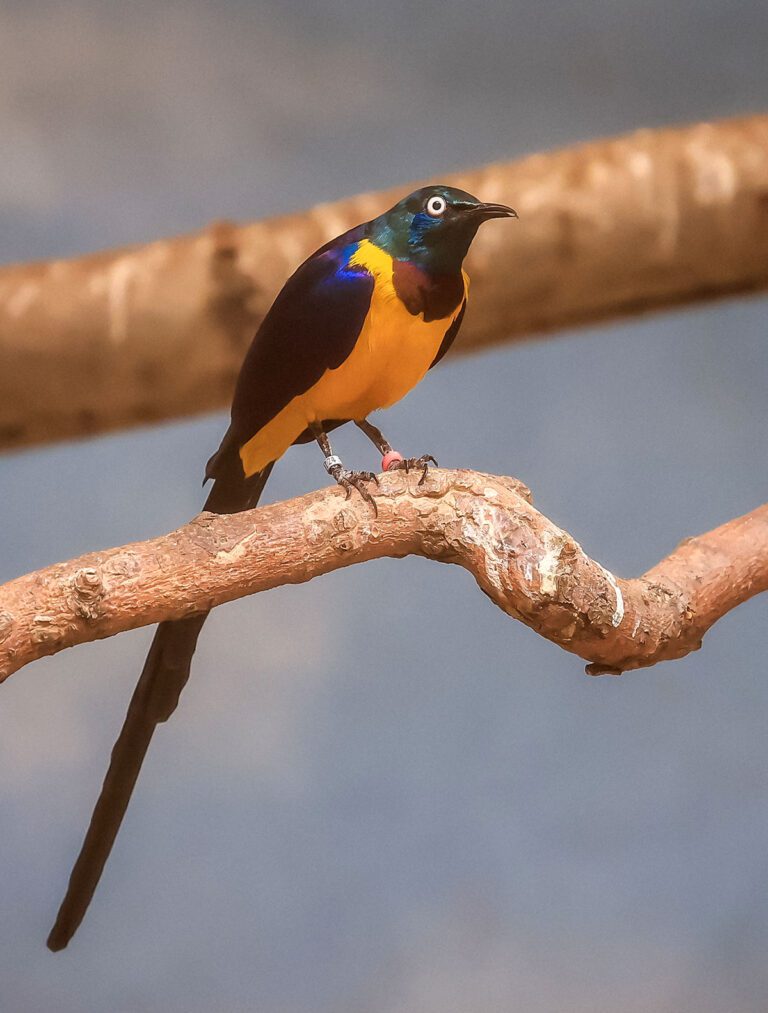



Golden-Breasted Starling
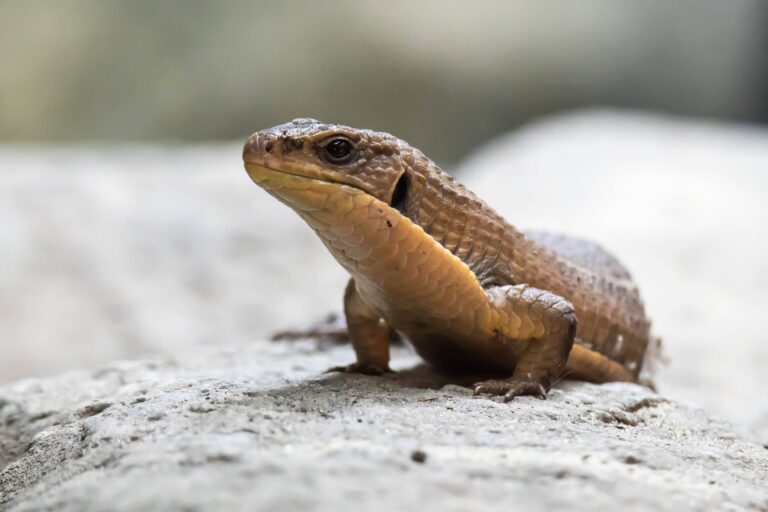



Great Plated Lizard
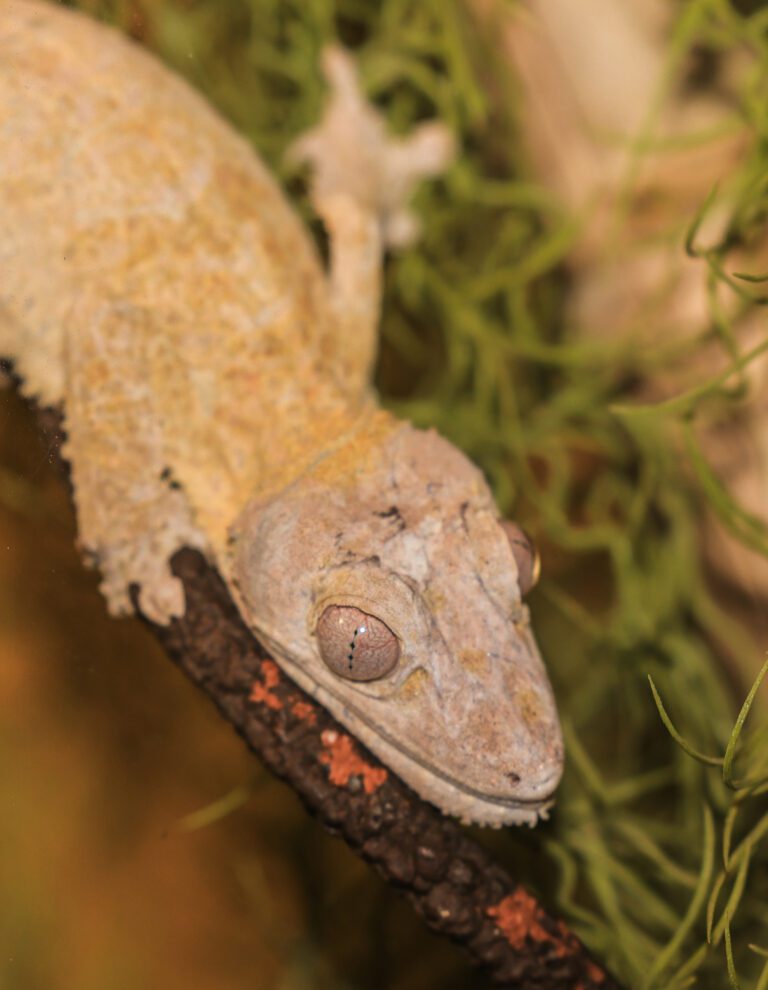



Henkel’s Leaf-Tailed Gecko
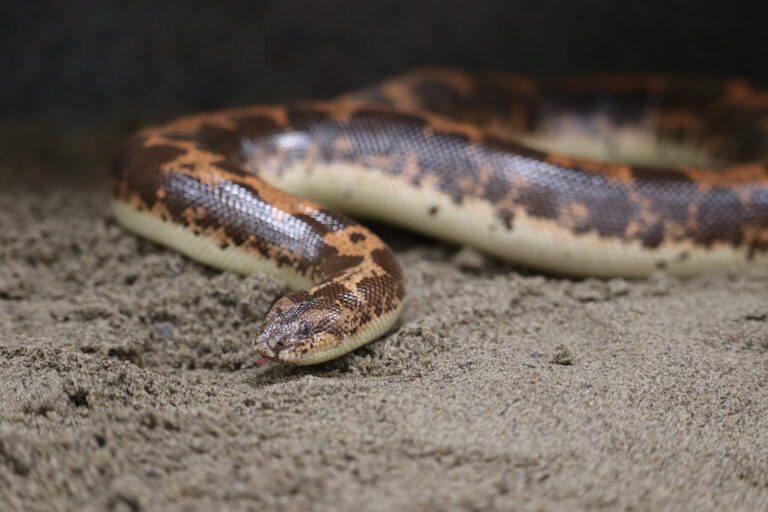



Kenyan Sand Boa (Ambassador Animal)
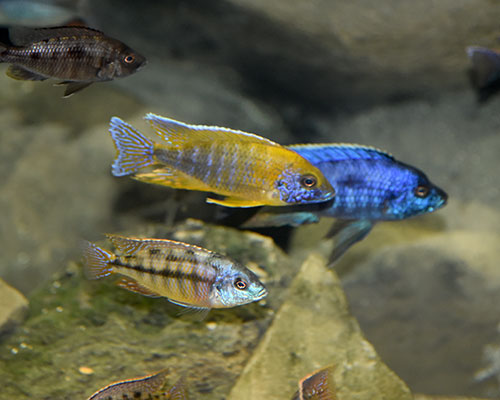



Lake Malawi Cichlids
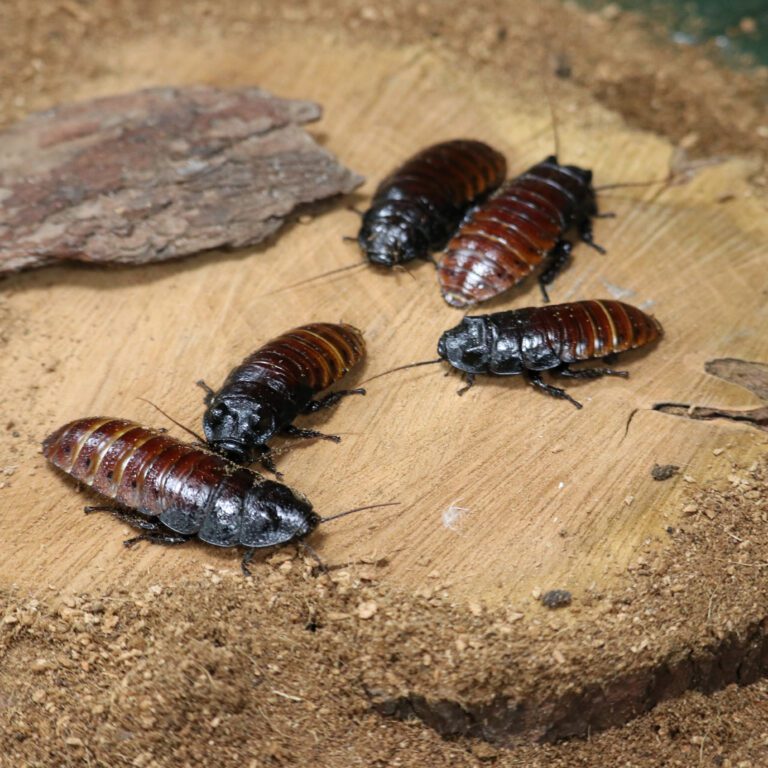



Madagascar Hissing Cockroach (Ambassador Animal)
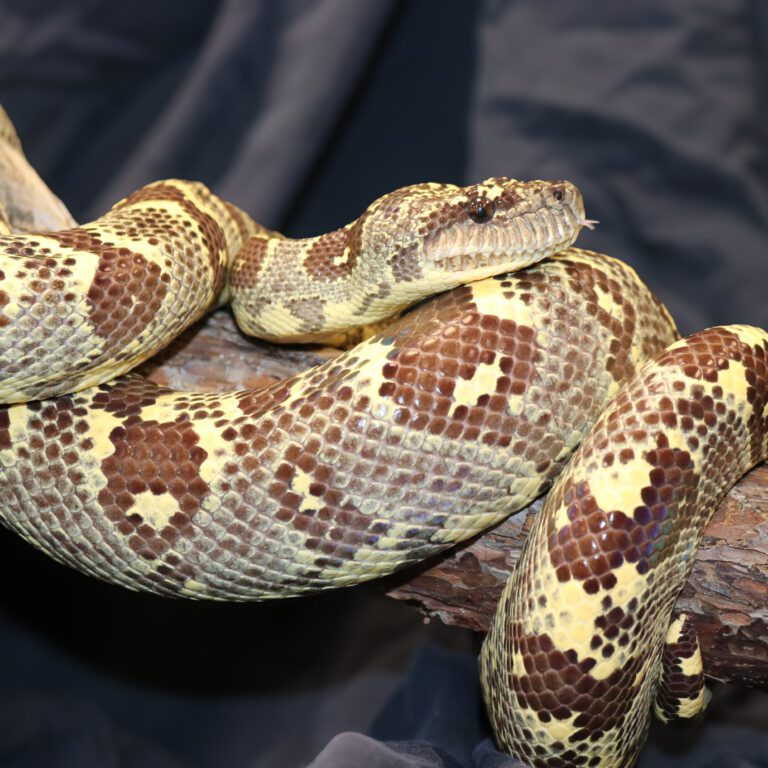



Madagascar Tree Boa (Ambassador Animal)
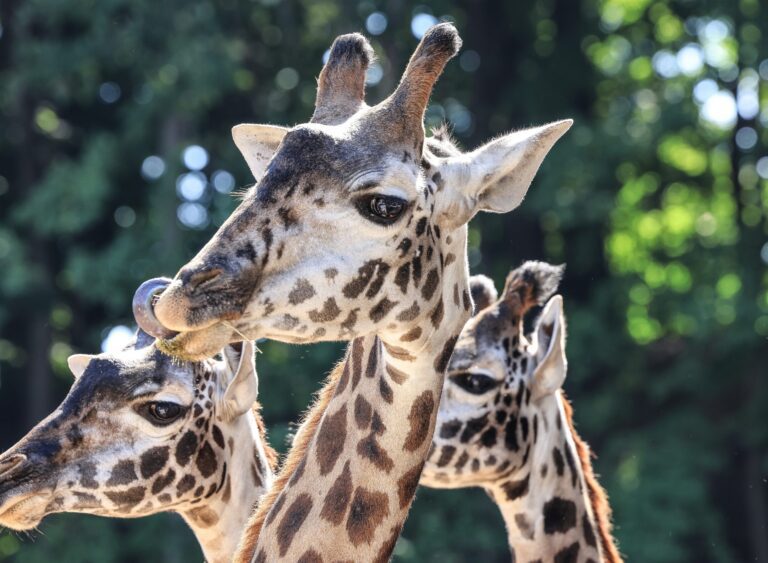



Masai Giraffe
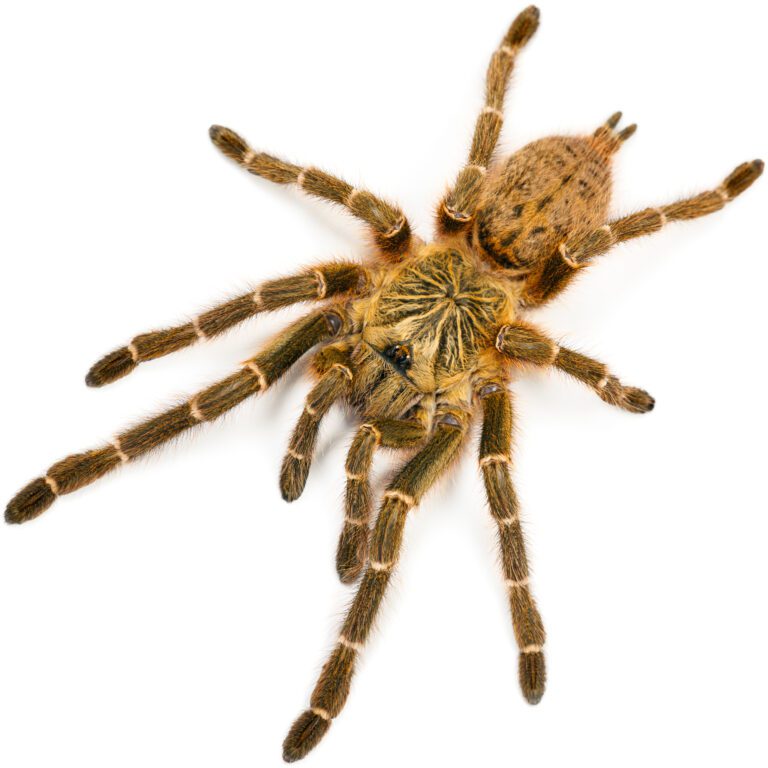



Mombasa Golden Starburst Tarantula
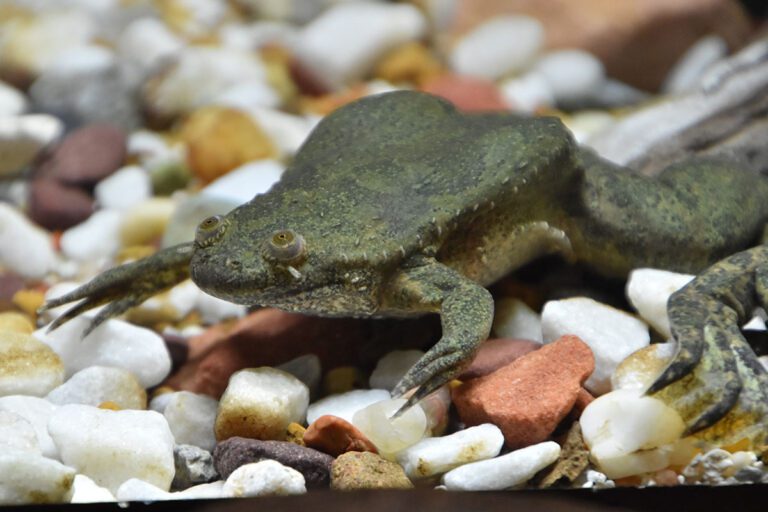



Mueller’s Clawed Frog
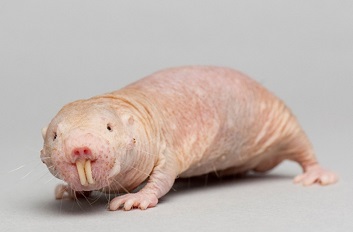



Naked Mole Rat
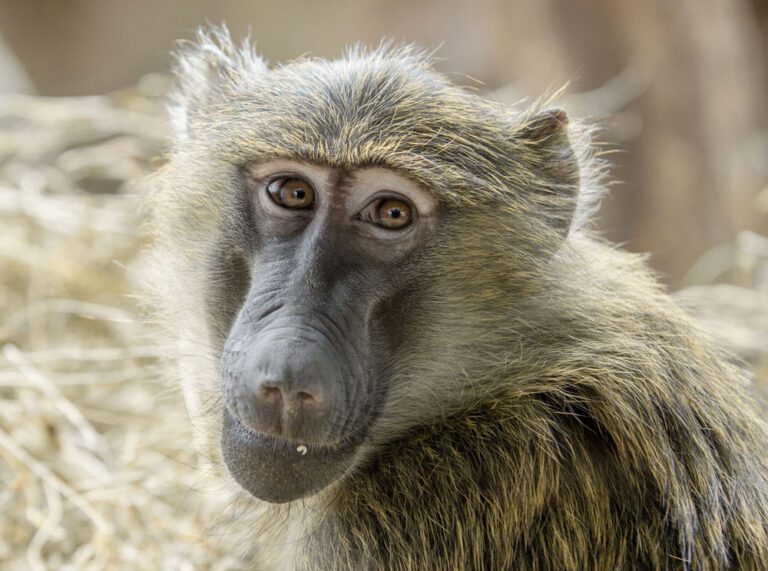



Olive Baboon
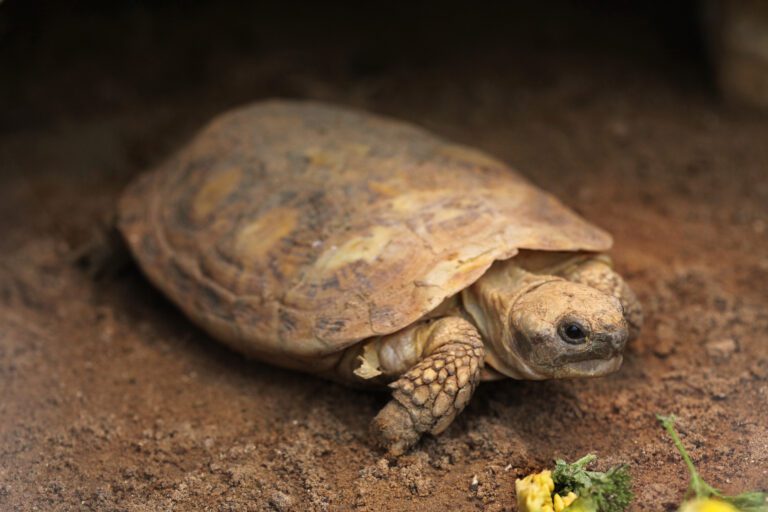



Pancake Tortoise (Ambassador Animal)
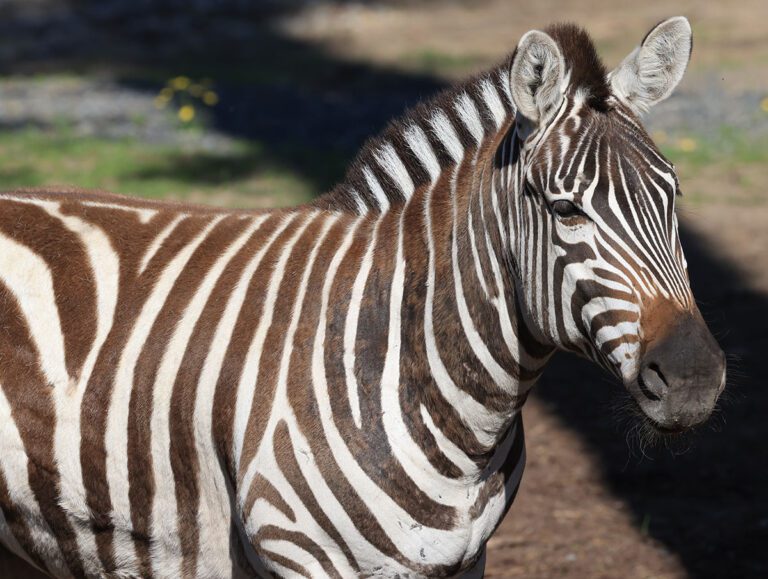



Plains Zebra
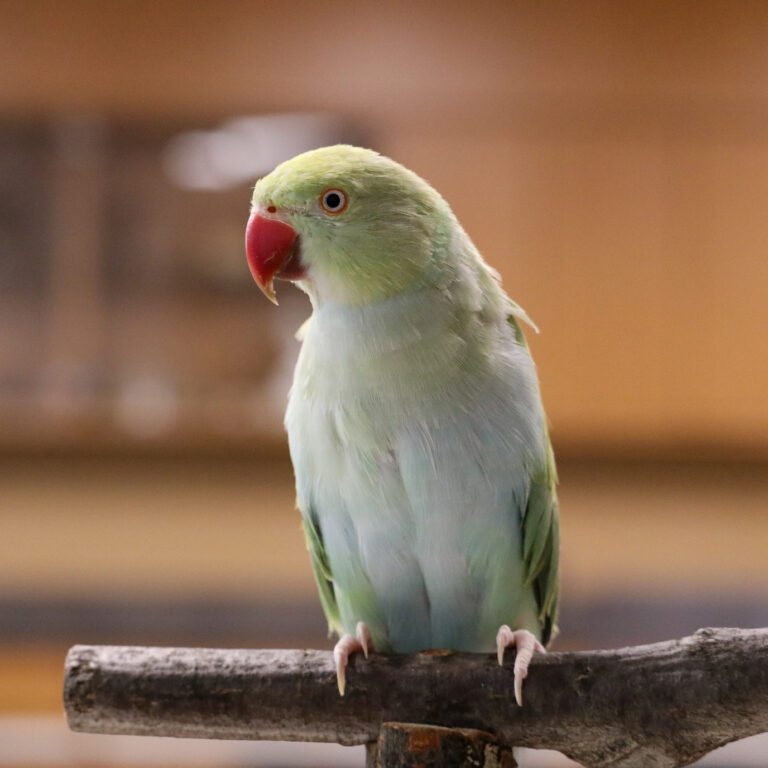



Ring-neck Parakeet (Ambassador Animal)
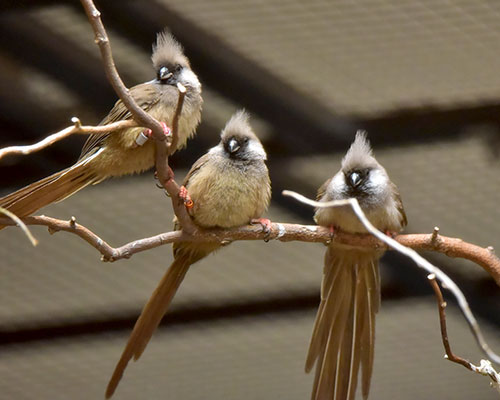



Speckled Mousebird
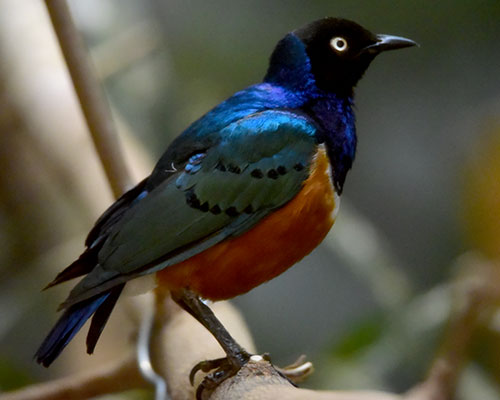



Superb Starling
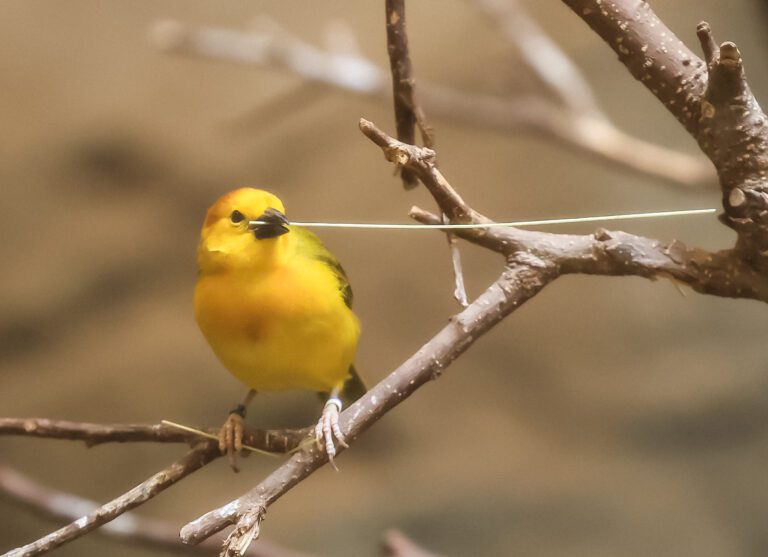



Taveta Golden Weaver
